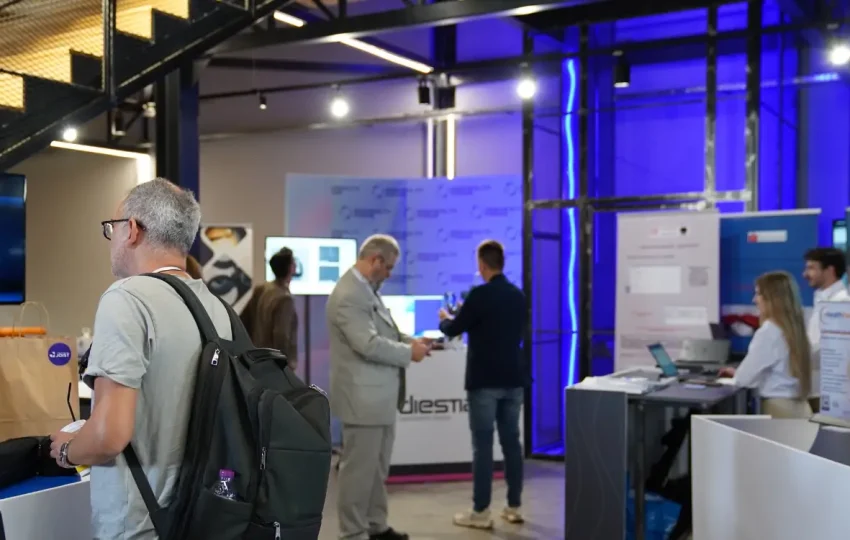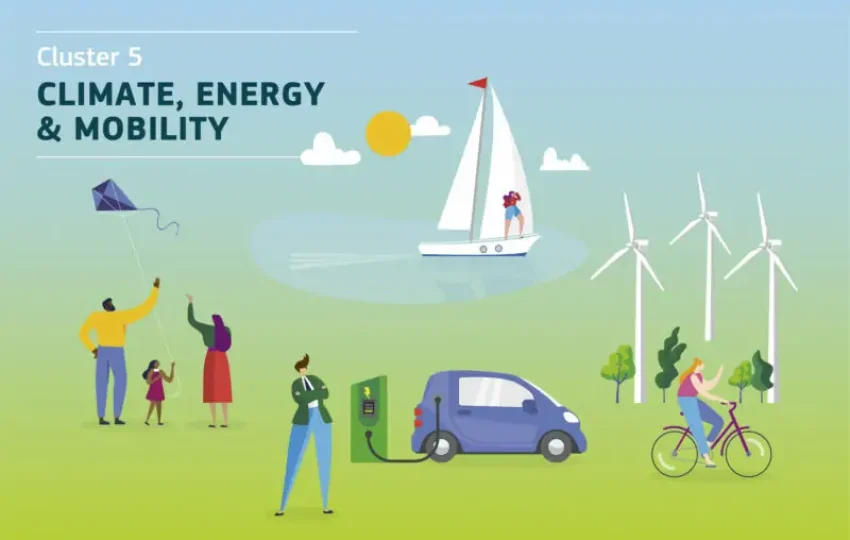For organizations and individuals passionate about systemic change, KA3 offers a pathway to contribute to innovative reforms and impactful dialogues. This blog examines the goals and activities under KA3, highlighting its importance in driving systemic change.
What is Key Action 3?
Key Action 3 supports initiatives that contribute to evidence-based policymaking and strengthen the implementation of EU priorities. It encourages collaboration between policymakers, researchers, and practitioners to develop innovative policies and strategies.
Key Activities Under KA3
1. Policy Experimentation
-
Projects that test and evaluate innovative policies before scaling them at the national or European level. This allows policymakers to make informed decisions based on reliable data and real-world outcomes.
2. Networks and Platforms
-
Initiatives that connect stakeholders to share knowledge, best practices, and research findings. These networks encourage synergy and the dissemination of effective strategies across member states.
3. Dialogue with Stakeholders
-
Activities that foster dialogue between policymakers, youth organizations, and education providers to address pressing challenges. This includes roundtable discussions, consultations, and collaborative strategy sessions to ensure diverse perspectives are represented.
4. Support for Reforms
-
KA3 also includes funding and support for the implementation of key EU initiatives, such as the European Education Area and the Digital Education Action Plan. These reforms aim to align national policies with broader EU goals.
Benefits of KA3
Key Action 3 drives change at the systemic level by:
-
Supporting Evidence-Based Reforms: Ensuring that policies are rooted in reliable data and tested strategies.
-
Enhancing Collaboration: Creating platforms for cooperation among stakeholders, leading to more cohesive and aligned efforts across Europe.
-
Addressing European Priorities: Tackling inclusion, sustainability, and digital transformation through targeted initiatives.
-
Strengthening Educational Systems: Providing the tools and resources needed to modernize and improve education and training systems across the EU.
Conclusion
Erasmus+ Key Action 3 plays a vital role in shaping the future of education, training, and youth policies. By fostering collaboration and innovation at the systemic level, KA3 ensures that Europe’s educational systems remain adaptive, resilient, and forward-looking. Policymakers, educators, and youth organizations can engage in impactful initiatives that drive evidence-based reforms and promote inclusion, sustainability, and digital transformation.
Contributing to KA3 projects means becoming part of a broader movement that addresses Europe’s most pressing challenges and envisions a brighter future for all. Want to contribute to impactful policy projects? Join EUcalls to access the tools and networks needed to create meaningful change through Erasmus+ Key Action 3 initiatives. For detailed instructions on how to apply, refer to Part 1 of this guide to get started on your Erasmus+ journey.


